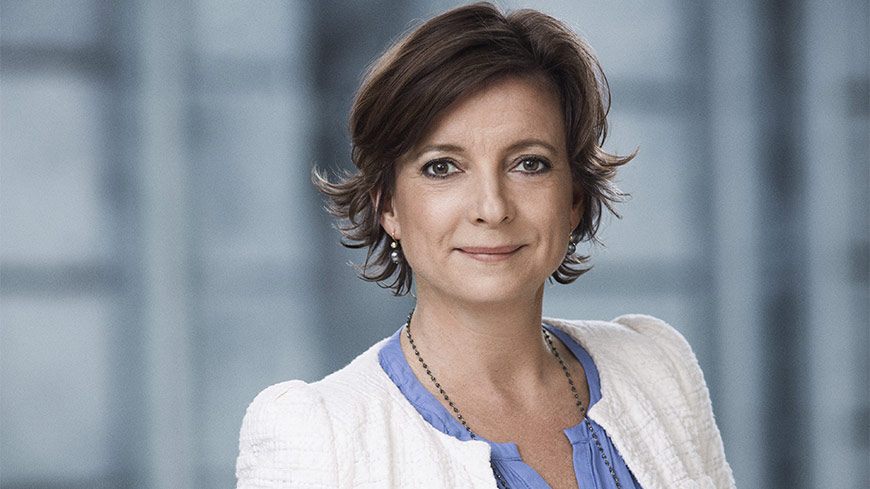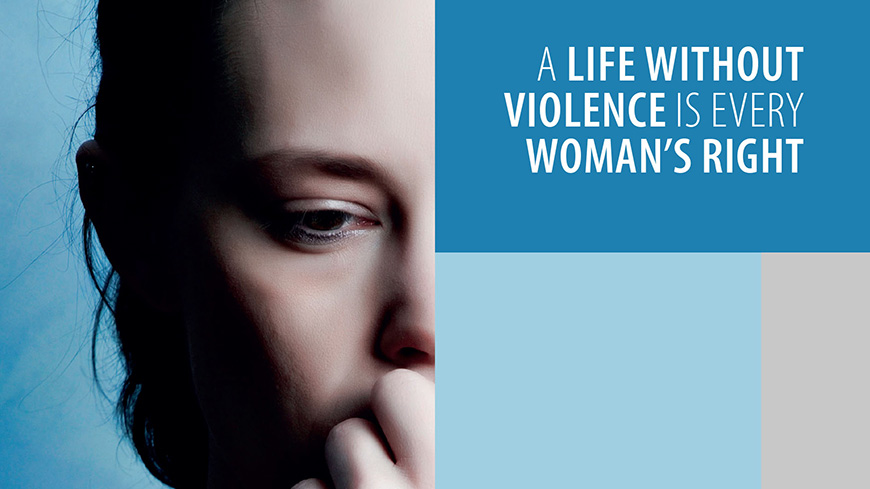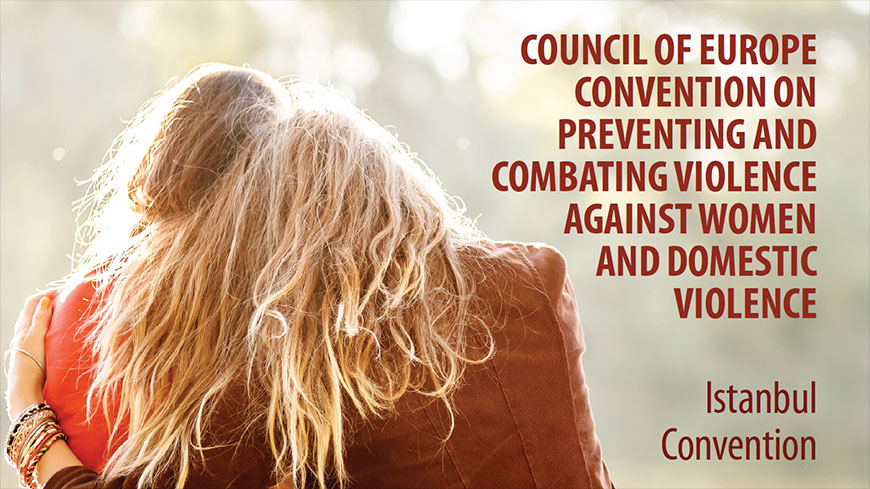2013 Edition
‘The promise to end violence against women is a commitment which must be honoured', says PACE President, Jean-Claude Mignon
"8 March is an auspicious annual occasion for all those involved in promoting women's rights. This year the event will have the theme of ‘A Promise is a Promise: Time to Act to End Violence against Women'.
The Council of Europe has a major instrument at its disposal, namely the Convention on preventing and combating violence against women and domestic violence, also known as the Istanbul Convention. This is the first binding text combining all the necessary ingredients: preventing violence, protecting victims, prosecuting those responsible and implementing integrated policies.
The promise to end violence against women is a commitment which must be honoured. The Istanbul Convention provides states with the means of doing so. On 8 March I shall be appealing to Council of Europe member and non-member states, if they have not yet done so, to sign and ratify the Istanbul Convention.
Ending violence against women is the main theme of the 57th session of the Commission on the Status of Women from 4 to 15 March 2013 in New York. I shall be representing the Assembly Parliamentary of the Council of Europe at this meeting, alongside a host of other members. It will be an opportunity to reiterate this appeal to all states.”
Women's participation at all levels of public life is a democratic requirement, says Congress President Herwig van Staa
"We must promote and implement gender equality at all levels of public life so as to ensure genuine democracy," said Herwig van Staa, President of the Congress, on the occasion of International Women's Day on 8 March 2013. "This requirement has been enshrined in the Congress Charter, which provides that women must make up at least 30% of all national delegations – and many delegations now actually go much further than that, thereby confirming our belief that it is vital to have a legal framework which ensures women's participation", he continued, before referring to the resolution and recommendation entitled "Achieving sustainable gender equality in local and regional political life", in which the Congress encourages women to become candidates and stand in elections.
Deputy Secretary General addresses UN Commission on Status of Women in New York
On 4 March, Deputy Secretary General Gabriella Battaini-Dragoni addressed the UN Commission on the Status of Women, to promote the Istanbul Convention as an efficient and practical tool for governments to prevent and combat violence against women and domestic violence. The Convention was drafted in Europe, but is not meant for Europe only. Any state can accede to it or use it as a model for national and regional legislation and policies. High-level bilateral meetings are also on the agenda of her two-day visit to New York.
A side event on the Convention’s added value will be organised by the Council of Europe and the French Permanent mission to the UN, with the participation of: Gilbert Saboya Sunyé, Minister of Foreign Affairs of Andorra and Chairman of the Committee of Ministers, Jean-Claude Mignon, President of the Parliamentary Assembly, Najat Vallaud-Belkacem, Minister for Women’s Rights and Government Spokesperson of France, and Lakshmi Puri, Assistant Secretary-General of the United Nations and Deputy Executive Director of UN Women.
Council of Europe and the French Permanent mission to the UN organise a side event "Violence against Women: our concern, our response"
Time for action to end violence against women
Violence against women is an issue which concerns all countries in the world. It touches women from all walks of life, irrespective of cultural, religious, economic, social or geographical backgrounds.
It happens everywhere: in the "safety" of their own homes, at work, in the streets and in the media among others. Every day, women are stalked, harassed, raped, mutilated, forced by their family to enter into a marriage, sterilised against their will or psychologically and physically abused. The examples of violence against women are endless, its victims countless. Many women are too afraid or ashamed to seek help, often paying for their silence with their lives. Those that do speak out are not always heard. With the adoption of the Istanbul Convention in 2011, the 47 member states of the Council of Europe made an important step towards the recognition of their responsibilities in addressing this concern.
2012 Edition
"Promoting equality between women and men must be at the heart of everything we do," asserted Council of Europe Secretary General Thorbjørn Jagland. "We cannot achieve democracy and lasting peace unless women acquire the same opportunities as men to influence developments at all levels of society," he said. (more...)
In a statement to mark International Women's Day on 8 March, the President of the Parliamentary Assembly of the Council of Europe (PACE), Jean-Claude Mignon, has said there can be no democracy without respect for women's rights.
He launched a message of support and encouragement to all women living in the new democracies emerging from the Arab Spring. "Women, who were on the front line of the uprisings against authoritarian regimes, must also be on the front line when it comes to the running of public institutions, political decision-making, being able to vote and stand for elections," said Jean-Claude Mignon. (more...)
- Interview with Swedish EU Minister Birgitta Ohlsson
- Strasbourg dialogues : "Women played a role in the "Arab Spring"… What next?"
With the participation of Souhayr Belhassen, President of the International Federation for Human Rights (more...)
2011 Edition
A decade to end inequality
- "We must use the second decade of the 21st century to make equality between men and women a reality," says Secretary General Thorbjørn Jagland (more...)
- Women are underpaid all over Europe, says the Commissioner for Human Rights Thomas Hammarberg (more …)
2010 Edition
- The Chair of the Committee of Ministers and the President of the Parliamentary Assembly call for a stronger participation of women in politics (more...)
- Secretary General Thorbjørn Jagland calls on states to do more to eradicate discrimination against women (more...)
- "Rulings anywhere that women must wear the burqa should be condemned - but banning such dresses here would be wrong", says Thomas Hammarberg, Commissioner for Human Rights (more...)
- On the occasion of the International Women's Day 2010, the Gender Equality Division of the Council of Europe publishes a comparative study on balanced participation of women and men in political and public decision-making. Report ''Parity democracy - a far cry from reality''.
- In order to mark the 60th anniversary of the European Convention on Human Rights, the Council of Europe is highlighting the Court's case-law and its impact on legislative developments in Europe on the International Women's Day. The main judgments of the Europe Court of Human Rights.
- Women's professional progress, the impact of feminism and the fight against male gender privilege are discussed by an international panel in the latest ''Viewpoint'' programme. Sweden’s EU minister Birgitta Ohlsson also features in the programme.




